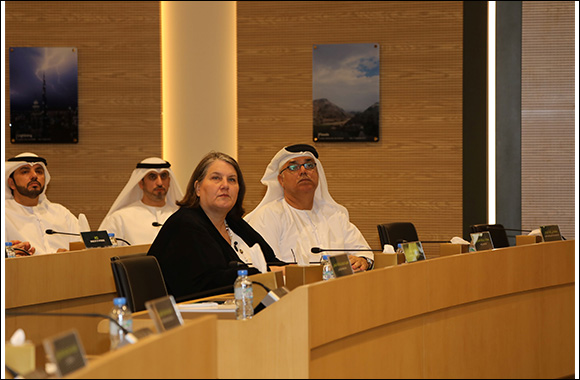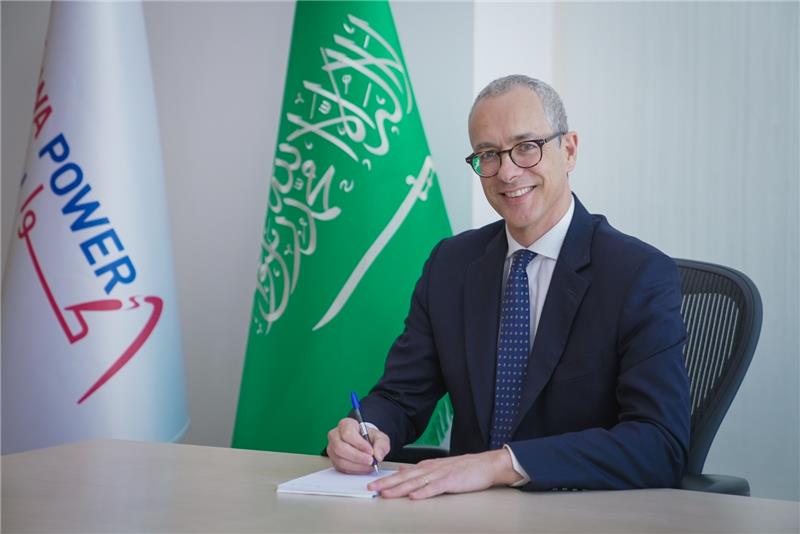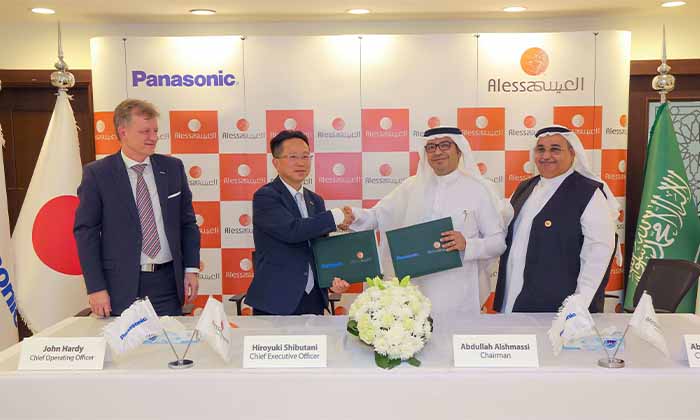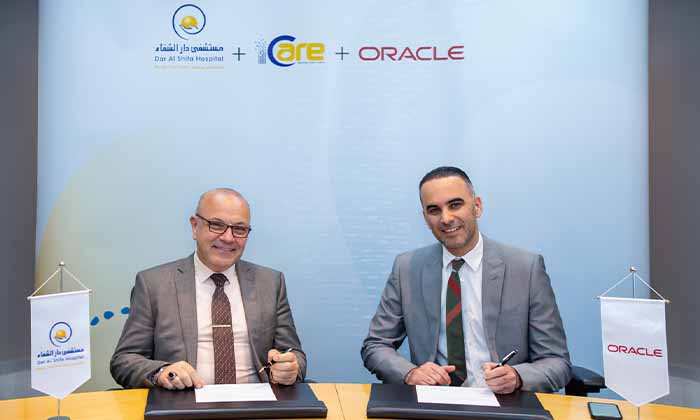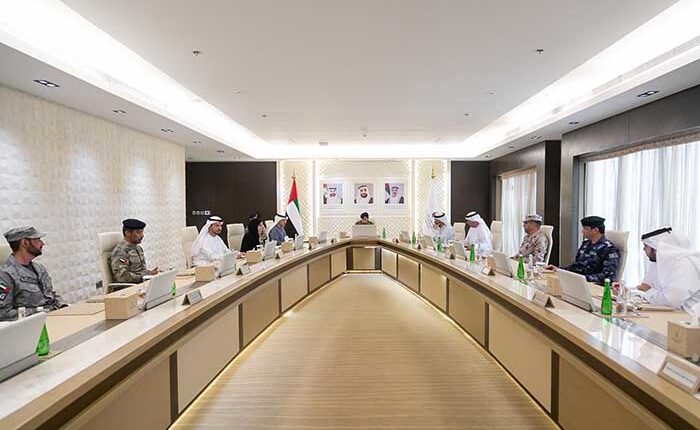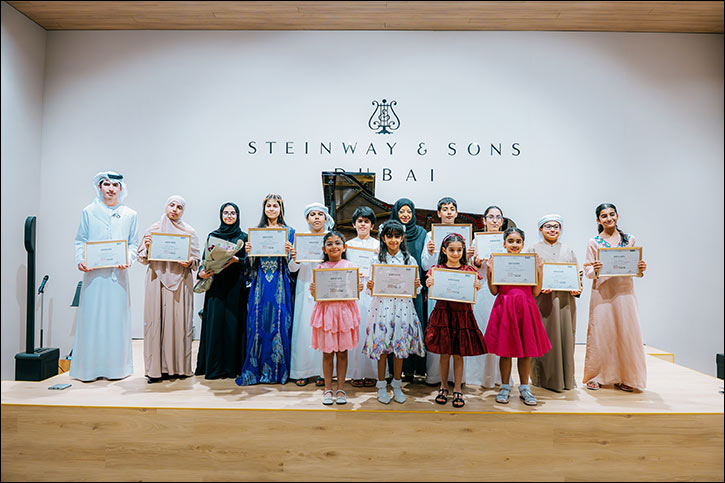The National Center of Meteorology in Abu Dhabi hosted a distinguished workshop titled 'Early Warning for All,' organized by the World Meteorological Organization in partnership with National Emergency Crisis and disaster Management Authority (NCEMA) and participation of local authorities, at its headquarters in Abu Dhabi. The workshop aimed to discuss the role of early warning systems in contributing to the goals of the World Meteorological Organization and raising awareness among communities exposed to risks.
The discussions in the workshop revolved around the significance of early warning systems in achieving the goals of the World Meteorological Organization and the necessity of preparedness to face natural disasters. The workshop also addressed the objectives of providing early warning systems for everyone, regardless of their location or financial capabilities, considering the increasing frequency of natural disasters and their adverse effects on humans and societies.
In his opening speech, Mr. Omar Alyazeedi, Deputy Director-General of the National Center of Meteorology, representing H.E Dr. Abdullah Ahmed Al-Mandous, the Director-General of the center and the President of the World Meteorological Organization, emphasized the importance of preparedness and collaboration to achieve the objectives of this initiative and enhance early warning systems. He stressed the significance of strengthening strategic partnerships to improve preparedness for climate change and develop innovative solutions to address its consequences.
He added, 'The workshop reflects the commitment of the United Arab Emirates to achieve the goals of the United Nations' program for reducing the risks of natural disasters and enhancing our efforts in building strategic partnerships to strengthen early warning systems and harness data for innovative solutions that mitigate the impacts of climate change. The pivotal role of the UAE in protecting everyone from various risks is evident through our approach to implementing early warning systems. the National Centre of Meteorology will serve as a SOFF peer advisor providing technical assistance and Leveraging UAE knowledge and expertise to the deep dive countries and beyond.'
Representatives from the Ministry of Interior, the National Emergency, Crisis, and Disaster Management Authority, Abu Dhabi City Municipality, as well as the University of the Emirates, Khalifa University, the Ministry of Environment and Climate Change, the Ministry of Defense, the General Civil Aviation Authority, the National Guard, and Abu Dhabi Development Fund participated in the workshop. The representatives from the UNDRR and the World Meteorological Organization briefed and moderated the workshop. Representatives from COP 28 official Team, IRENA, and the UAE UN Resident Coordinator office also joined the discussion.
It is worth mentioning that the 'United Nations Early Warning for All' initiative has been officially recognized as the top priority of the World Meteorological Organization since the end of 2027. It has garnered increasing attention from relevant meteorological authorities recently, as part of international efforts to address the consequences of climate change. This is in response to the call made by the Secretary-General of the United Nations, Antonio Guterres, to establish early warning systems for all the world's inhabitants within five years, by adopting an action plan during COP-27 to activate early warning systems for all and oversee their implementation. This includes ensuring the existence of political, technical, and financial solutions capable of accelerating the implementation process, looking for funding support to the Multi Donor Trust funds like SOFF is also a crucial step in the same direction.
The Systematic Observation Financing Facility (SOFF) is an initiative launched by the World Meteorological Organization in 2017 and funded by the World Bank. It aims to assist countries in collecting and using data to improve disaster risk management. The SOFF system provides technical support to countries to help them develop and implement systems for collecting and using data related to disaster risks. It also conducts research on data for disaster risk management and disseminates knowledge about data for managing disaster risks.
The National Center of Meteorology Hosts a Workshop Entitled Early Warning for All
